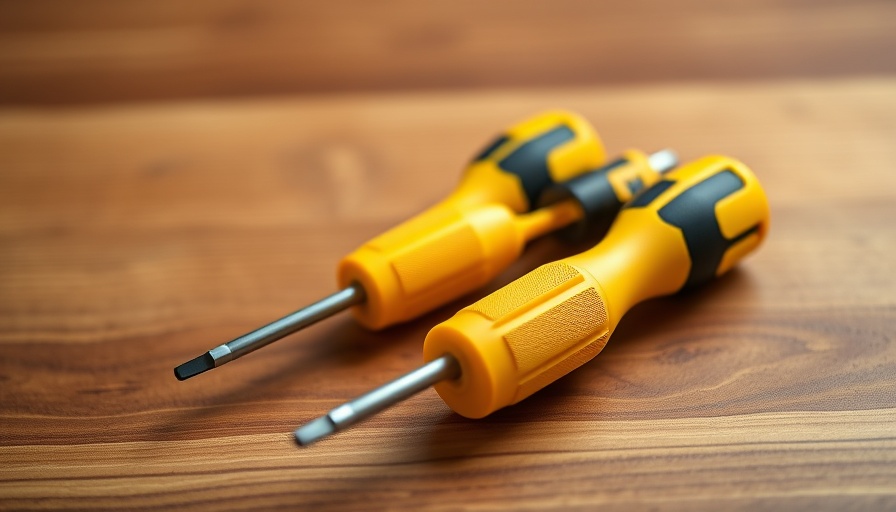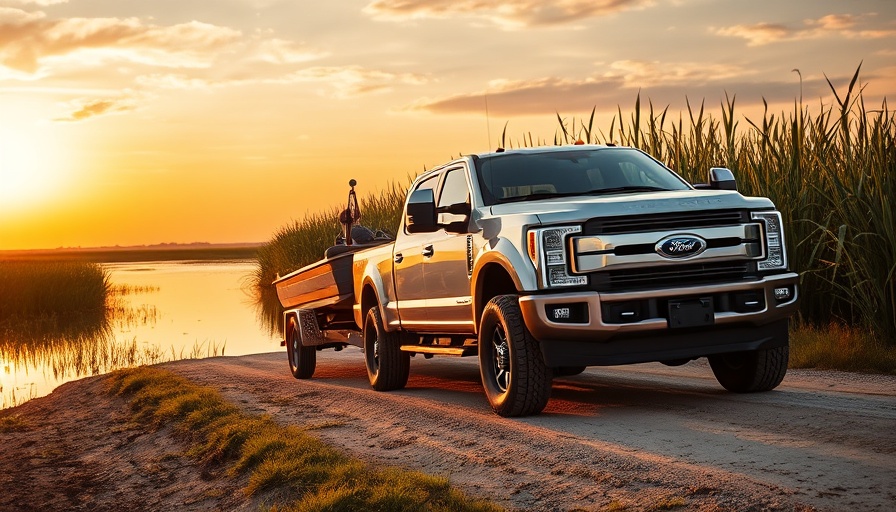
Zeekr and Lynk & Co Join Forces: A Bold New Era
In a strategic move set to reshape the electric vehicle (EV) landscape, Zeekr has recently acquired a majority stake in Lynk & Co. This merger, finalized on February 14, 2025, marks a pivotal moment for both brands as they consolidate their efforts to become leading contenders in the global market. The two automakers, both under the Geely Holding Group, aim for significant growth, targeting a 40% increase in vehicle sales by 2025, with combined annual deliveries reaching an impressive 710,000 units.
Why This Merger Matters
The integration of Zeekr and Lynk & Co is not just about numbers; it signals a shift in the EV industry towards greater synergy and resource sharing. Andy An, CEO of Zeekr, emphasized that this new alliance is designed to leverage Lynk & Co's existing market presence and operational know-how, particularly in international markets, while Zeekr focuses on premium offerings.
Future-Driven: Ambitious Plans Ahead
Both brands have laid out a bold roadmap for 2025. Zeekr aims to roll out three new high-end models, including the much-anticipated Zeekr 007 GT and a luxury SUV, targeting sales of approximately 320,000 units. Meanwhile, Lynk & Co plans to introduce two new models, focusing on production price points to reach 390,000 units sold. This strategy illustrates a commitment to developing diverse offerings that cater to different customer segments in the rapidly evolving EV landscape.
Strategic Synergies Unfolding
One of the focal points of this merger is the collaboration in sales and distribution channels. Lynk & Co will utilize Zeekr’s marketing expertise in urban environments, while Zeekr will tap into Lynk & Co’s established networks in emerging markets. This complementary approach not only enhances brand reach but also aligns with Geely's overarching plan to streamline operations across its automotive divisions.
Setting International Milestones
To support this growth trajectory, the combined entity is eyeing the establishment of over 200 retail locations worldwide. Having already made inroads in 39 international markets, Lynk & Co aims to expand its presence further, while Zeekr seeks to build on its foothold in over 40 regions. This global ambition reveals the companies' readiness to compete on the world stage, bringing affordable EV options to more consumers.
Looking Ahead: The Future of Electric Mobility
The successful integration of Zeekr and Lynk & Co is more than just a merger; it represents a new chapter in the electric vehicle narrative. As both brands navigate this dynamic landscape, they are poised to deliver innovative products that meet evolving consumer needs while contributing to a sustainable future.
 Add Row
Add Row  Add
Add 




Write A Comment